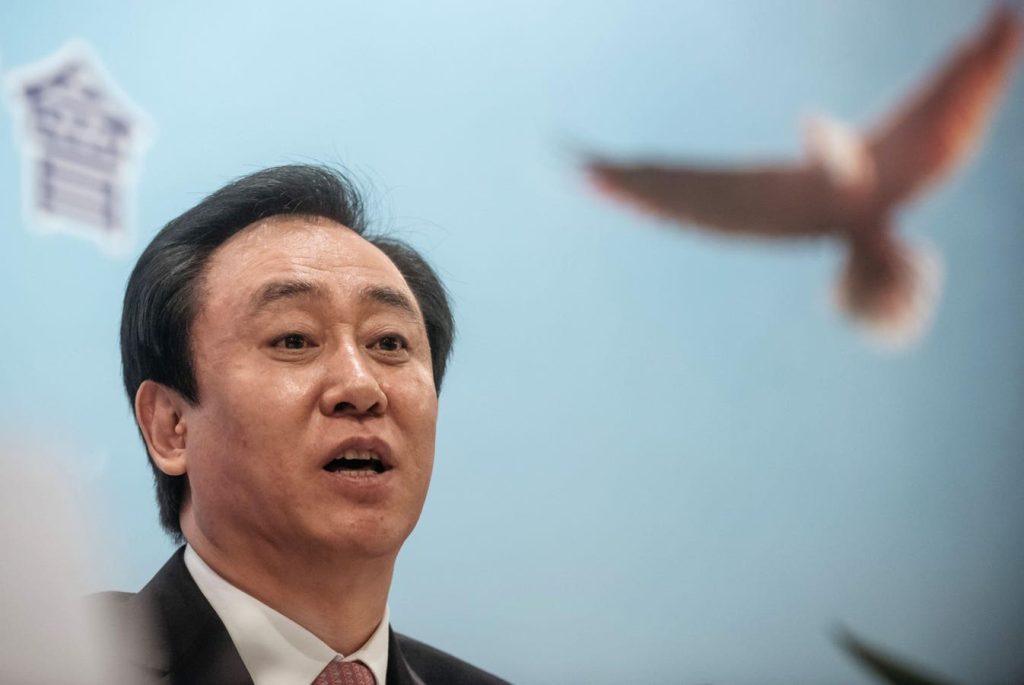The founder of China Evergrande Group, Hui Ka Yan, has been fined by the country’s securities regulators for financial fraud and collusion in inflating the group’s revenues by a massive amount. The fine for Hui is $6.6 million, while the fine for Evergrande Real Estate Group, the main unit in China, is $580 million. The China Securities Regulatory Commission (CSRC) completed an investigation that found the company had falsely boosted its revenues for 2019 and 2020 by improperly recognizing revenues in advance and then used those inflated numbers to defraud investors.
In addition to the fines, Hui and former CEO Xia Haijun, who resigned in 2022, will be barred from trading Chinese securities for life. The penalties imposed on Evergrande and Hui are not expected to be the last as the company has struggled to repay over $300 billion in liabilities, symbolizing a debt-fueled expansion. Once the richest man in Asia with a wealth of $42.5 billion in 2017, Hui’s net worth has plummeted to $700 million according to Forbes, from a peak of $36 billion in 2019. Hui has not been seen in public since September when it was reported that he had been suspected of crimes and subjected to certain “mandatory measures”.
The company has not provided any updates on Hui’s whereabouts since then, and a Hong Kong court has approved the liquidation of China Evergrande Group to pay back creditors. In mainland China, the company still needs to complete construction of pre-sold apartment projects, and police in Shenzhen have detained staff at its wealth management unit. Evergrande reportedly sold $6.2 billion worth of wealth management products as it sought funds for Hui’s failed ambition to make electric cars. A top executive at China Evergrande New Energy Vehicle was also detained in January.
The downfall of Hui and Evergrande highlights the risks associated with debt-fueled expansion and the challenges faced by companies in China’s real estate sector. The company’s use of inflated revenues to defraud investors and raise funds through bond issuances has led to severe penalties and a significant decline in Hui’s personal wealth. The company’s future remains uncertain as it works to repay its massive debts and complete construction projects, while dealing with legal issues and investigations into its financial practices. Authorities in China are cracking down on debt and risky financial practices, putting pressure on companies like Evergrande to address their financial challenges and comply with regulations. The impact of these developments on the broader real estate market and the financial sector in China remains to be seen as the situation with Evergrande continues to unfold.


